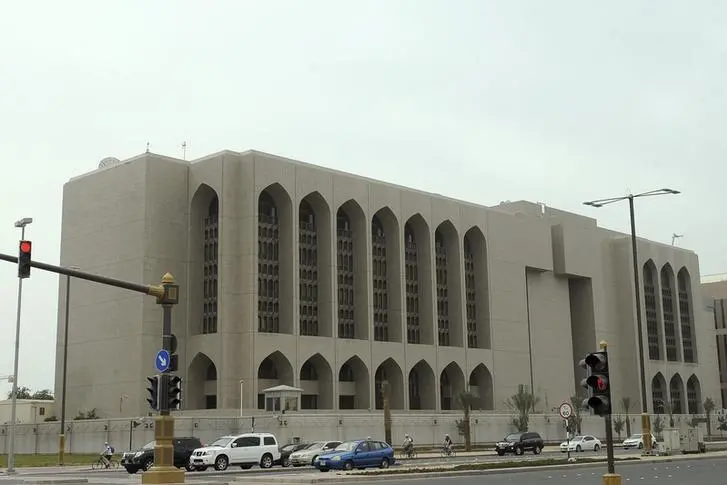PHOTO
The merger of the three Abu Dhabi banks - Abu Dhabi Commercial Bank, Union National Bank and Al Hilal Bank - is at early stage and more consolidation is likely in the UAE banking sector in the near future, the UAE Central Bank governor said on Tuesday.
Mubarak Rashed Al Mansoori emphasised that the banking sector is liquid and strong as the credit growth to private sector increased 6.5 per cent during the first 9 months while Islamic bank is growing at 9 per cent.
Al Mansoori was speaking at the Institute of International Finance (IIF) Mena Financial Summit in Abu Dhabi on Tuesday.
Analysts believe that the UAE's banking sector is overbanked as a small country with a population of 9.5 million is served by 51 local and foreign banks. National Bank of Abu Dhabi and First Gulf Bank completed their merger last year, creating the region's largest bank with total asset in excess of Dh670 billion.
In September, media reports said 3 Sharjah-based banks - Invest Bank and United Arab Bank and Bank of Sharjah - were engaged in merger talks. But the lenders later denied merger report.
Garbis Iradian, chief economist for Mena region at the IIF, said in a note that banks in the UAE remain well-positioned to weather external shocks and any worsening in credit quality.
"Banks remain adequately capitalised with a 16.6 per cent Tier 1 ratio in June 2018, while nonperforming loans to total loans edged up to around 7 per cent. The 12-month increase in credit was 3.7 per cent, thanks to improvement in lending to the corporate sector... We expect a modest acceleration in credit growth to around 6 per cent by end-2019," he said.
Speaking during the IIF summit, Lobna Helal, deputy governor of the Central Bank of Egypt, said Cairo doesn't want to go back to the regime of fixing currency exchange rate. She said the bank is targeting inflation as part of its monetary policy.
Cairo floated its pound currency in 2016, devaluing it by 32.3 percent to an initial guidance level of 13 pounds to greenback in order to rebalance currency markets.
Saad Andary, second vice-governor of Lebanon's central bank, voiced concern that his country inability to cut huge deficit and national debt due to political challenges in terms of forming a government. The economy is growing in the range of 1-3 per cent, but is burdened with 1.5 million Syrian refugees, with little international help, he said.
"This is creating tensions in the labour market. We are witnessing growing unemployment among basically the Lebanese," he said, adding that "fiscal consolidation is not in the offing as we had hoped."
Lebanon's budget deficit is around 10 per cent of its GDP. A recent World Bank report warned to contain national debt which will rise to 155 per cent of GDP by the end of 2018.
Copyright © 2018 Khaleej Times. All Rights Reserved. Provided by SyndiGate Media Inc. (Syndigate.info).





















